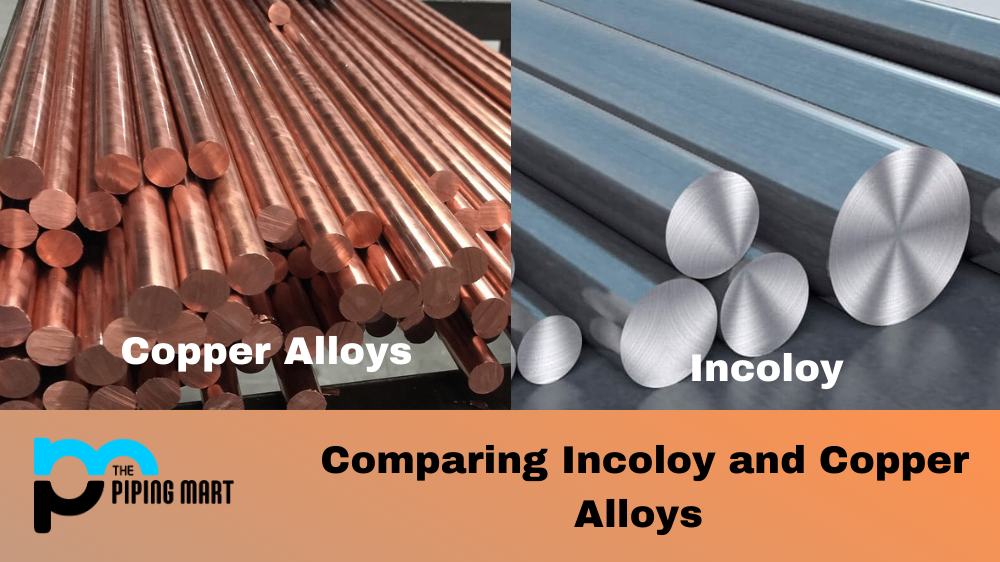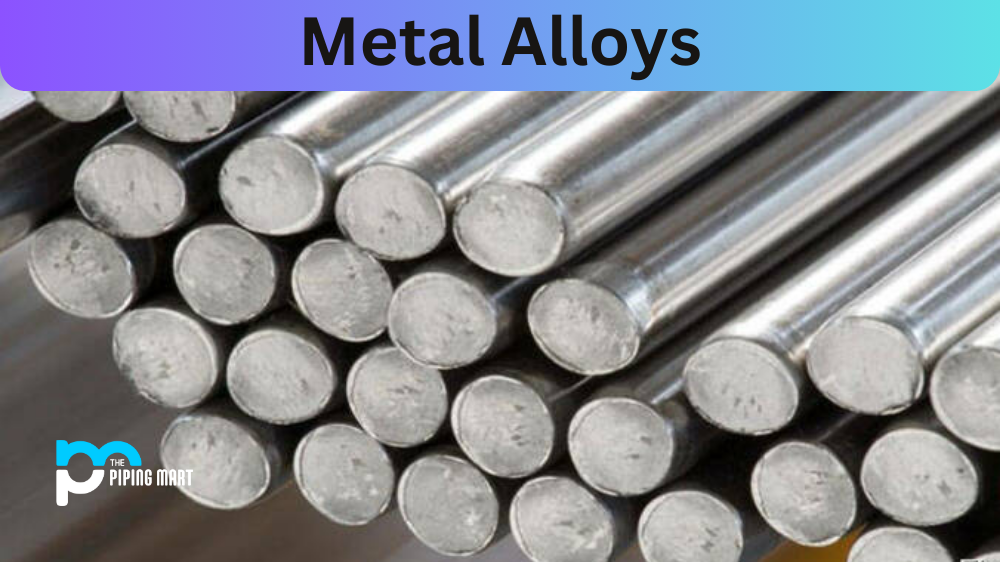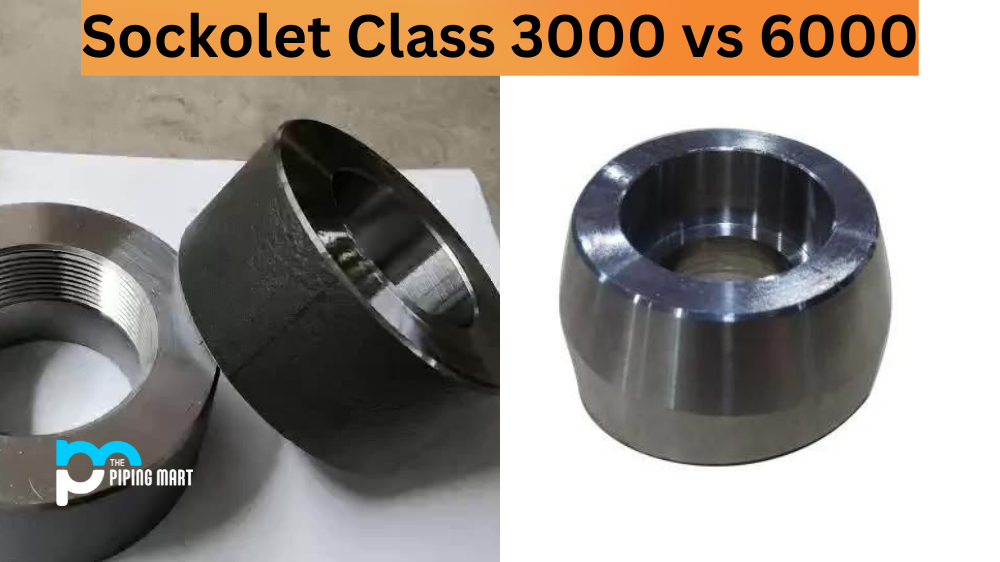For engineers, technicians, and other professionals in the industry, it’s important to understand the different types of metals available for industrial applications. Two of the most popular materials are incoloy and copper alloys. Let’s take a look at how the two compare in terms of cost, corrosion resistance, electrical conductivity, strength, and temperature resistance.
Cost Comparison
Incoloy is more expensive than copper alloys because it has superior properties, which make it ideal for extreme environments. That being said, copper alloys still offer excellent performance at a fraction of the cost of incoloy, making them an attractive choice when the price is a major factor in decision-making.
Corrosion Resistance
Incoloy has superior corrosion resistance compared to copper alloys due to its nickel-chrome-iron composition which helps prevent rusting or tarnishing even under extreme conditions. Copper alloy’s corrosion resistance largely depends on the specific alloy that is used but generally speaking it does not stand up to severe conditions as well as incoloy does.
Electrical Conductivity
Copper alloys have higher electrical conductivity than incoloy due to their high copper content, making them ideal for applications where electricity needs to be conducted quickly and efficiently. Incoloy has low electrical conductivity due to its lower copper content but can still be used in some cases such as when high temperatures are present, since it can handle elevated temperatures better than copper alloys can.
Strength and Temperature Resistance
Incoloy is stronger than copper alloys due to its higher nickel content which helps increase its tensile strength. In addition, incoloy also has better temperature resistance than copper alloy, which allows it to perform in harsh environments without degrading over time from exposure to extreme temperatures or chemicals.
Conclusion
When deciding between incoloy and copper alloy for your application, consider factors such as cost, corrosion resistance, electrical conductivity, strength, and temperature resistance for the best results. While both offer excellent performance qualities depending on your specific needs, one may be better suited than the other, so always do your research before making a final decision! Ultimately you should select a material that will meet your requirements while staying within budget constraints. With so many options available today, it pays off to do your research beforehand, so you don’t end up with something inferior or overpaying for top-of-the-line features you don’t need! Good luck!

Pipingmart is a B2B portal that specializes in metal, industrial and piping items. Additionally, we share the latest information and information about materials, products and various types of grades to assist businesses that are involved in this business.




